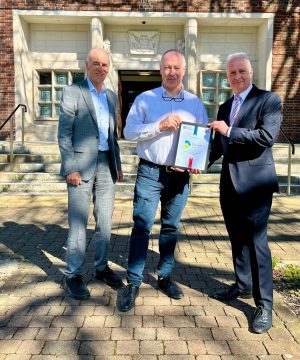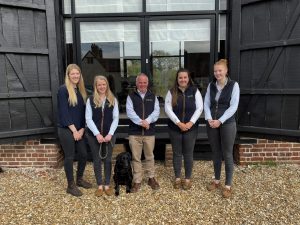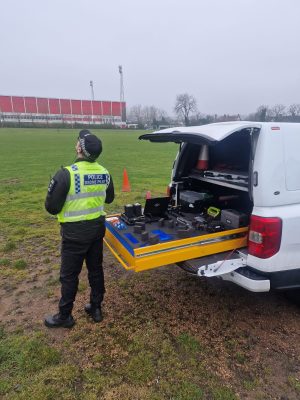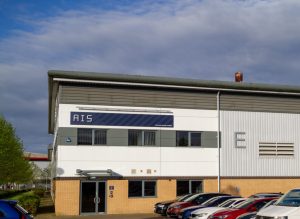Renewable energy investment company offering shared ownership of battery project
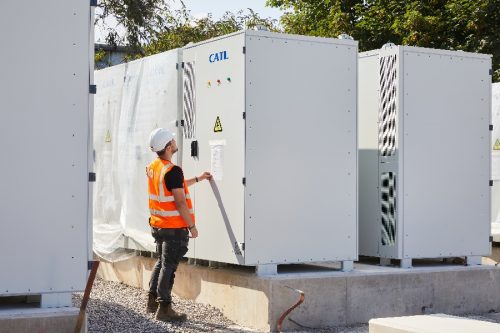
Bristol-based renewable energy investment company Thrive Renewables is teaming up with community energy group Bristol Energy Co-operative (BEC) to give local residents the opportunity to own a share of its new 20 MW battery project.
Thrive has offered BEC an opportunity to co-invest into the project located on the industrial and residential area of Feeder Road in Bristol – which means local good causes will be able to benefit from a share of any revenues generated.
This is the first commercial project of its kind where an owner has offered the local community an opportunity to co-own a standalone battery asset.
The battery is currently being commissioned and will have the capacity to store and deliver 1.5 hours or 30MWh of electricity to the national and local grid.
Matthew Clayton, managing director of Thrive Renewables, said: “Thrive was set up nearly 30 years ago to power the UK’s clean energy transition by connecting people to clean energy – offering co-investment to community groups helps us deliver that. To ensure a just transition, we need the benefits of renewables to be local, giving everyone the opportunity to access cleaner energy, cheaper bills and new green jobs.
“Battery storage is a critical technology for the UK to reach net zero, storing electricity when renewable power is abundant and making it available during peak times when consumption is at its highest. We’re thrilled to be working with the local community on this project, which not only supports the UK’s net zero goals, but Bristol’s ambition to become a carbon neutral city by 2030.”
In total, Thrive has invested £29m in Bristol’s clean energy infrastructure. In addition to its 8.2 MW wind farm in Avonmouth, which it built in 2013 and still operates, the company provided a £4m loan to Ambition Community Energy in 2022 to fund the construction of England’s largest community-owned onshore wind turbine.
Bristol currently has 144 MW of clean electricity projects, including storage, that are either operational or in construction. Thrive has funded over a third of this (37%), with its Bristol-based projects providing 32.4 MW of clean capacity.
The local community have been heavily involved since the start of the project, with the site originally destined to be a diesel-fuelled STOR plant in 2020. A group of residents from St Phillip’s Marsh formed Residents Against Dirty Energy (RADE) to fight against the plans, and the planning application was rejected.
Andy O’Brien, co-director, Bristol Energy Cooperative, said: “Community energy gives people agency to take practical action on climate change in their local community. This project is a perfect example of how the community coming together can bring about real change. People power fought off a highly-polluting diesel scheme and replaced it with the storage technology we need to help us go net zero.”
Stuart Phelps, core member at RADE said: “Eight years ago, RADE formed to fight 48 Diesel Generators 100m from the Nursery School. We’ve come full circle and welcome a battery storage scheme on the same site.”
The Feeder Road project brought together a number of Bristol-based businesses including developer, Aura Power, as well as renewables consultancy, Everoze, which acted as a technical advisor on the project.
G2 Energy carried out the engineering, procurement and construction (EPC) contract, while Trina Storage supplied the physical battery system.



